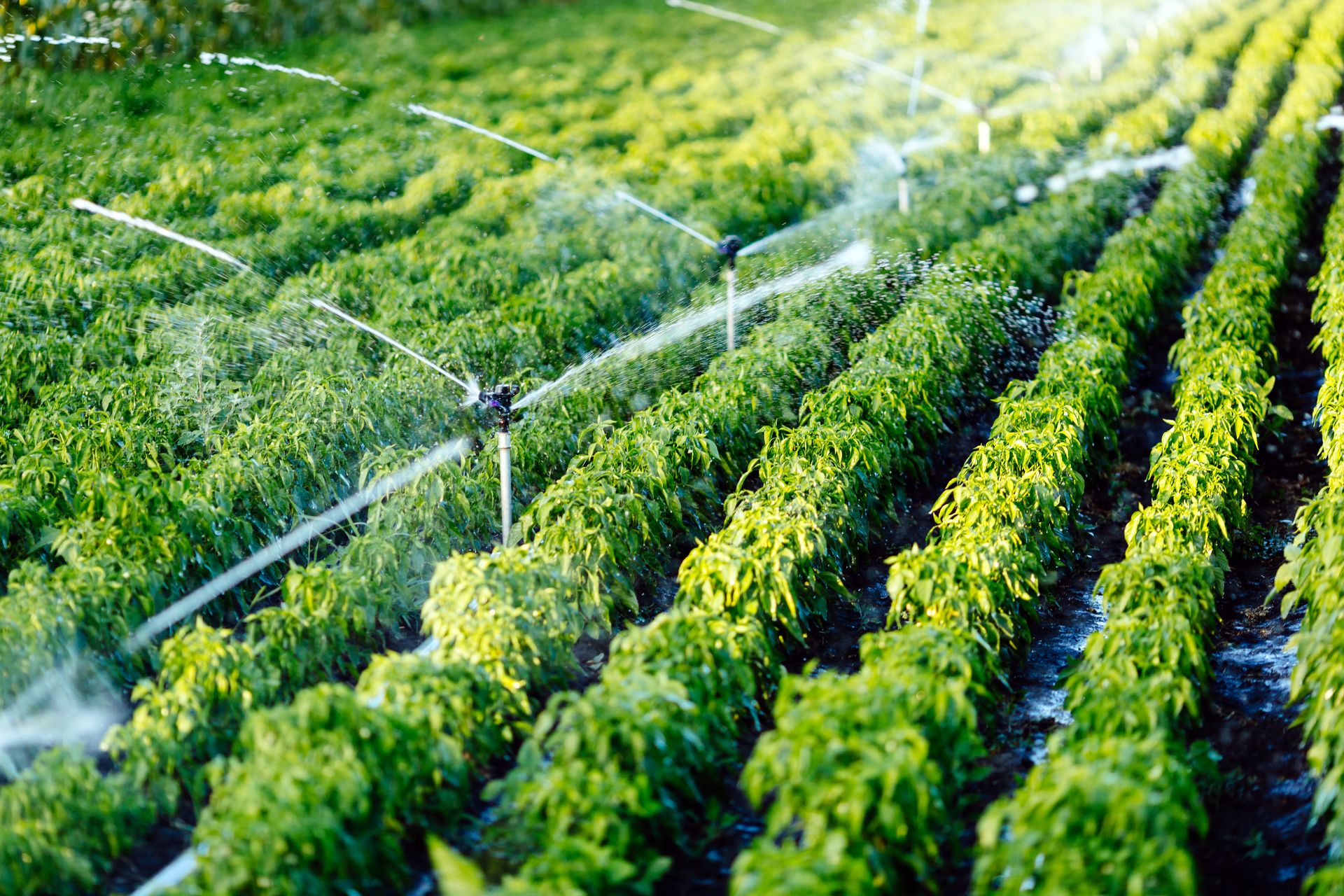Water is one of our planet’s most precious resources — and agriculture is its largest user, primarily through irrigation. Today’s consumer and retailer demands go beyond food safety — they expect proof of sustainability.
GLOBALG.A.P. SPRING (Sustainable Program for Irrigation and Groundwater Use) certification allows producers to demonstrate responsible water management, comply with legal requirements, and contribute to the protection of local ecosystems.
Why It Matters
70% of global freshwater withdrawals are used by agriculture (FAO).
Major retailers and buyers are prioritizing water stewardship in sourcing policies.
Certified producers stand out with better access to international markets and supply chains.
SPRING certification helps producers improve water efficiency, reduce environmental risk, and build credibility with customers and stakeholders.
What Is Assessed in the SPRING Program?
The SPRING add-on focuses on the sustainable, legal, and efficient use of irrigation water. Certification requirements include:
Key Focus Areas:
Legal Compliance of Water Use: Producers must comply with all relevant water laws, including permissions, restrictions, and regulations concerning protected areas, nitrate levels, wastewater use, and more.
Water Consumption Monitoring: All impacts of water abstraction, distribution, and use must be tracked — including environmental, social, and economic impacts.
Sustainable Watershed Management: Producers must actively contribute to responsible water governance in the region and collaborate with others in the watershed to address challenges collectively.
Best Practices in Water Management: Measures must be in place to avoid negative impacts on human health, natural habitats, and biodiversity.
Protection of Water Sources: Producers must take action to prevent contamination of rivers, streams, and wetlands — and support biodiversity near water sources.
Continuous Improvement: Systems must be established to monitor progress, implement improvements, and demonstrate year-over-year sustainability gains.
Need more information?
By contacting QIMA you agree to our privacy policy and terms and conditions.
How Is Compliance Scored?
Each control point is evaluated during an audit and scored using a 4-point system:
3 points: Full compliance
2 points: High compliance, with minor observations
1 point: Partial compliance — corrective action required
0 points: Non-compliance — corrective action mandatory
Inspection Point Levels
Control points are categorized into three levels, each with different scoring requirements:
Critical Criteria
Mandatory for certification
Minimum score: 2
Score of 0 or 1 → certification denied, new audit required
Major Criteria
Minimum score: 2
Score of 0 or 1 → corrective action required within 28 days
Minor Criteria
Minimum score: 2
Score of 0 or 1 → corrective action plan due within 28 days; actions must be completed before the follow-up audit
Why Get GLOBALG.A.P. SPRING Certified?
Ensure compliance with legal water use regulations
Reduce water waste and optimize resource efficiency
Improve your marketability and trust among global buyers
Demonstrate environmental responsibility and good agricultural practices
Promote long-term sustainability and soil health
Why choose QIMA for GLOBALG.A.P. SPRING Certification?
Seamless Communication & Service
Responsive technical support at every stage
Transparent certification process & on-time certification delivery
Exceptional service quality validated by 72 NPS score
Cost & Time Optimization
Multi-scheme audits reduce site visits and costs
Streamlined processes minimize operational disruption
Optimized local auditor deployment
Industry Leadership
30+ years pioneering food safety, organic, and sustainable standards
Comprehensive farm-to-fork certification ecosystem
Advanced technology for compliance monitoring
